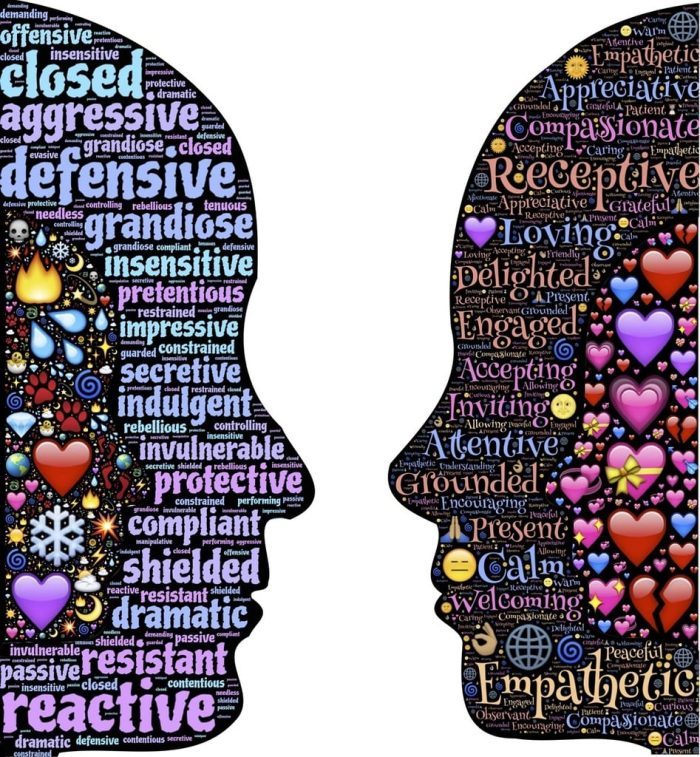What is Compassionate Mind Training (CMT)?
By Dr Stan Steindl
Compassionate Mind Training (CMT) is a structured set of exercises and practices designed to help people develop the skills and capacities of compassion. It forms a core component of Compassion Focused Therapy (CFT), but can also be delivered on its own in group or individual settings to support emotional wellbeing, reduce self-criticism, and promote resilience.
At its heart, CMT is about training the mind to relate to suffering—both our own and others’—with kindness, wisdom, and courage. It helps people move from self-judgement to self-support, from fear to safeness, and from isolation to connection.
Why Train the Mind in Compassion?
For many people, especially those with histories of trauma, neglect, or shame, the experience of receiving care or showing kindness to oneself can feel unfamiliar or even threatening. Compassion isn’t just a warm, fuzzy feeling—it’s a skill that can be strengthened through practice.
“Compassion isn’t always our default setting,” says Dr Stan Steindl, Clinical Psychologist. “But with practice, we can build our inner capacity to respond to distress with care instead of criticism, courage instead of avoidance.”
Much like going to the gym strengthens the body, CMT offers structured exercises that strengthen our soothing system—the part of the brain that helps regulate threat and promotes emotional stability.
What Does Compassion Mean in CMT?
In the CMT framework, compassion is defined as:
“A sensitivity to suffering in self and others, with a commitment to try to alleviate and prevent it.”
This definition reflects two key elements:
- Sensitivity to suffering – noticing pain, difficulty, or emotional distress. Commitment to action – actively working to soothe, support, or alleviate that suffering.
- Commitment to action – actively working to soothe, support, or alleviate that suffering.
CMT helps people develop both the attributes of compassion—such as empathy, wisdom, and care—and the skills of compassion—such as soothing breathing, imagery, and compassionate behaviour.
What Happens in Compassionate Mind Training?
CMT typically includes psychoeducation and experiential practices aimed at developing the three flows of compassion:
- Compassion for others
- Compassion from others
- Compassion for self
It also incorporates understanding the three emotion regulation systems:
- The threat system, which detects danger and activates anxiety, anger, or shame.
- The drive system, which pushes us toward goals and achievements.
- The soothing system, which fosters contentment, safety, and connection.
Many people operate with overactive threat or drive systems and underactive soothing systems. CMT seeks to rebalance these through compassion-focused exercises.
Common CMT practices include:
- Soothing rhythm breathing – to calm the nervous system and anchor attention.
- Compassionate imagery – such as imagining a “compassionate other” or one’s own “compassionate self.”
- Embodiment exercises – to explore how compassion feels in the body.
- Writing practices – such as compassionate letter writing.
- Behavioural tasks – such as small acts of kindness or boundary setting from a place of self-care.
Who Can Benefit from CMT?
CMT is helpful for people who:
- Struggle with harsh self-criticism or inner judgement
- Find it difficult to accept kindness from others
- Feel overwhelmed by shame, anxiety, or low mood
- Want to strengthen their emotional regulation and resilience
- Are seeking a gentler, more values-based way of relating to themselves
While it is often used alongside therapy, CMT can also be taught in community groups, schools, or healthcare settings. It has even been adapted for self-help and workplace wellbeing programs.
The Research Behind CMT
A growing body of research supports the benefits of compassion-based practices. Studies have shown that CMT can reduce levels of shame and self-criticism, improve emotional wellbeing, increase self-reassurance, and enhance social connectedness.
“People often report that compassion training opens up a whole new way of relating to themselves,” says Dr Steindl. “It’s not about avoiding pain, but learning to hold that pain with kindness and courage.”
Neuroscience also supports the idea that compassion-focused exercises activate specific brain regions linked to caregiving, emotional regulation, and safety. In other words, compassion really does change the brain.
Final Thoughts
Compassionate Mind Training offers a powerful invitation: to meet ourselves with the same kindness we would offer a loved one in distress. It provides a set of tools for navigating life’s difficulties with care rather than criticism, and with courage rather than avoidance.
“In a world that often rewards self-criticism and perfectionism, CMT is a quiet revolution,” Dr Steindl reflects. “It reminds us that being kind to ourselves isn’t weakness—it’s wisdom.”
If you’re curious about developing a more compassionate inner voice, a psychologist trained in CMT or CFT can help you begin this journey. It all starts with a breath, an intention, and the willingness to try something new.
